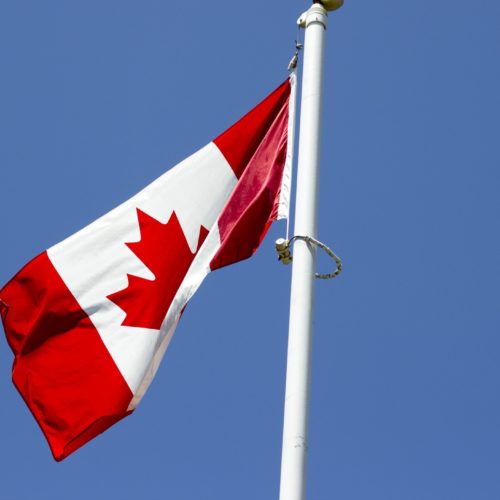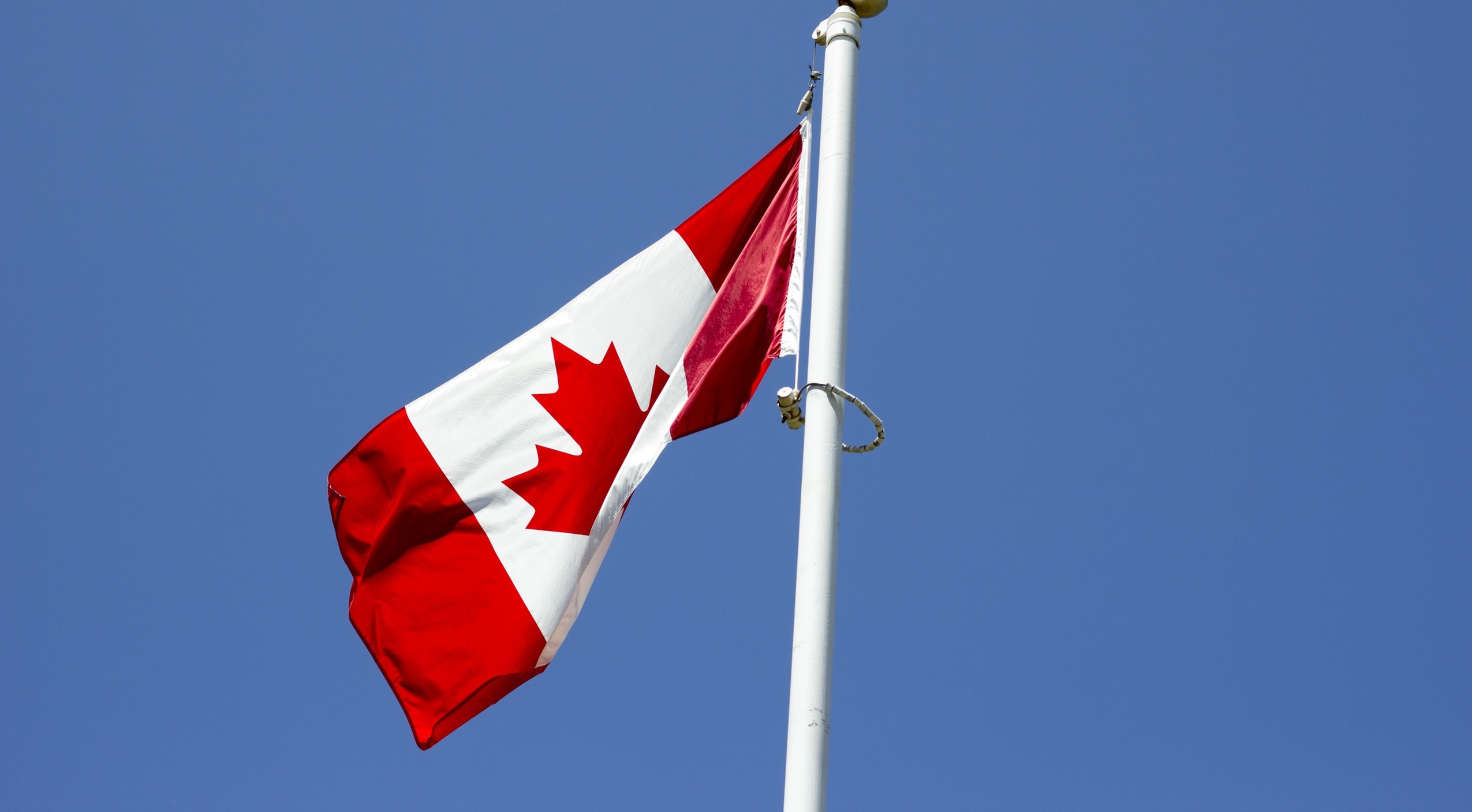What BC companies and British Columbians can expect from the NDP Government’s first full budget
 By What BC companies and British Columbians can expect from the NDP Government’s first full budget
By What BC companies and British Columbians can expect from the NDP Government’s first full budget
February 22, 2018

On February 21, Kathleen Reid, Switchboard’s Managing Director, had the pleasure of attending the BC Provincial budget lock-up, where Finance Minister Carole James introduced the 2018-19 provincial budget and three-year fiscal plan. The first full NDP budget since the party took office seven months ago is called “Working For You,” and is focused on housing and childcare programs.
The budget projects economic growth of 2.3% in 2018 and 2.0% from 2019 to 2022, with $53.6 billion in expenditures and $54.2 billion in revenues, for an estimated surplus of $219 million for the fiscal year 2018-19.
In addition to significant investments and policy changes in housing and childcare, the Province has announced that it will eliminate Medical Service Plan premiums by January 1, 2020. It will also implement a health payroll tax for corporations with a payroll of over $500,000, starting in 2019. Businesses with a payroll over $500,000 will pay .98%, with a graduated scale ending at 1.95% for payrolls over $1.5 million.
In addition to the speculation and foreign buyers tax (referenced below), there are two “luxury tax” increases: luxury vehicles worth over $125,000 will now be taxed at 15%, and those worth over $150,000 will be taxed at 20%. There will also be an increased property transfer tax for properties worth over $3 million.
Housing measures
The “Working For You” budget includes a 30-point plan to increase housing affordability in British Columbia. For example, effective immediately, the foreign buyers’ tax will increase to 20% and will be extended to other parts of the province with affordability challenges, such as the Capital and Nanaimo Regional Districts, the Fraser Valley, and the Kelowna area. The Province will also introduce a speculation tax on vacant homes, raising questions about how foreign workers and vacation homeowners will be affected.
The Province has also shown its commitment to increasing the supply of affordable housing, with a pledge to add 114,000 homes in ten years (in partnership with organisations like not-for-profits, local governments and religious organisations). The budget allocates more than $6.5 billion over ten years to increase housing supply in the province, targeting affordable housing, the “missing middle”, housing for women and children affected by violence, and housing for students at post-secondary institutions.
Another area of focus in the housing strategy is closing ‘loopholes’ and increasing enforcement, such as moving to stop tax-sale evasion in pre-sale condo reassignments; ending hidden ownership through a new beneficial ownership registry; closing tax loopholes in the ALR; and, expanding information collection and information sharing with the federal government to prevent tax evasion.
Childcare Measures:
Universal childcare was a hotly debated issue in the 2017 election, with the NDP promising to eventually implement a $10/day policy. Their ability to deliver on this promise may be challenged by the BC Green Party’s opposition to this specific measure; as such, this budget only goes so far as to focus on building a “road to universal childcare” over the next decade. Immediate measures include a childcare fee reduction for participating licensed care facilities, starting April 1, 2018. In the first year, priority will be given to infant and toddler care, and care for children three to five years old. There is also an income-based childcare benefit to begin in September 2018, which will lower the cost of care indexed to household income, with those families with pre-tax income of $45,000 or less receiving maximum benefits.
The government is also committed to creating more than 24,000 new childcare spaces over the next three years, through major capital investments. In total, $1 billion is targeted towards improving childcare over the coming years.
Economic Sector Measures:
The budget was largely silent on issues that are outside of the theme of affordability, such as measures for key economic sectors. It is thought that this was a strategic move to focus public discussion on childcare and housing, leaving other policy changes for future announcements.
Despite being a minority government, the budget is expected to pass by the end of the spring legislative session in May.
The full documents can be found at the BC Budget 2018 website.
We’ll also be attending discussions on the upcoming Alberta provincial budget, in order to summarize what it means for business owners and Albertans.
Share
